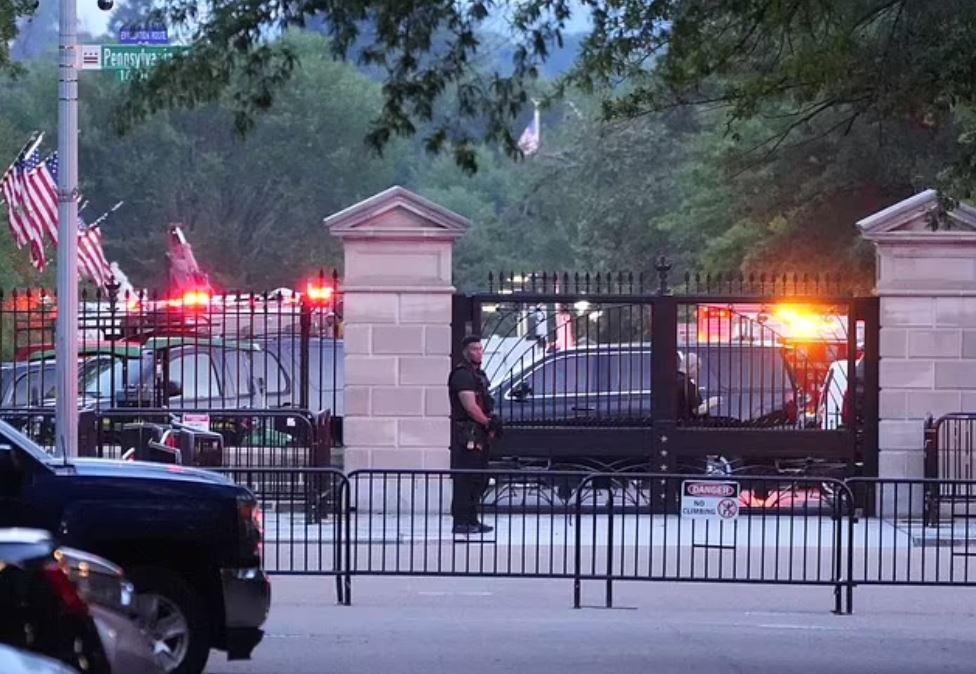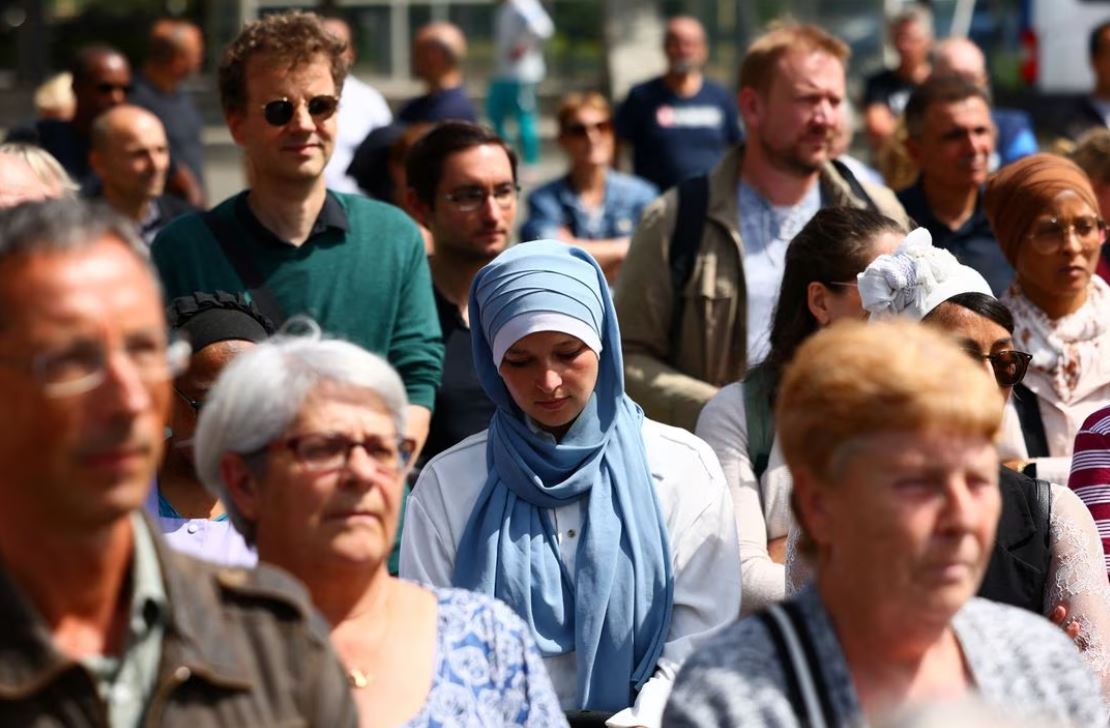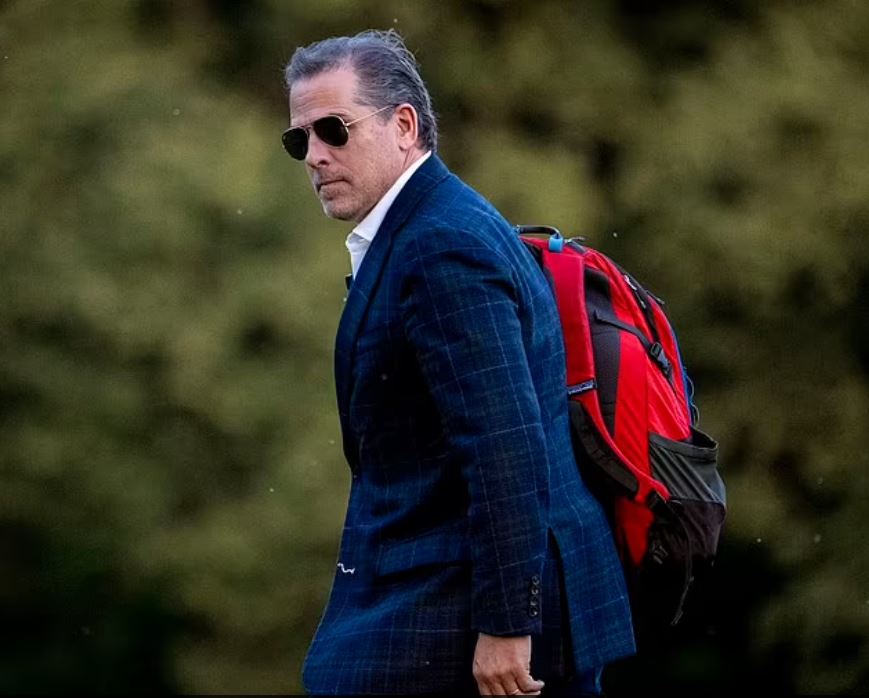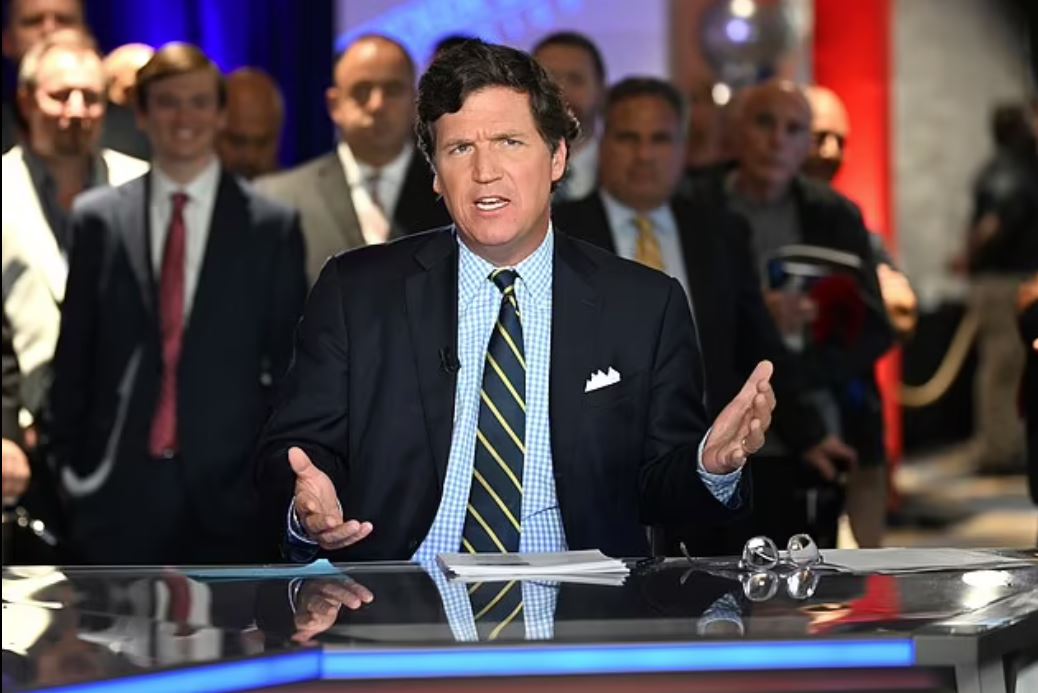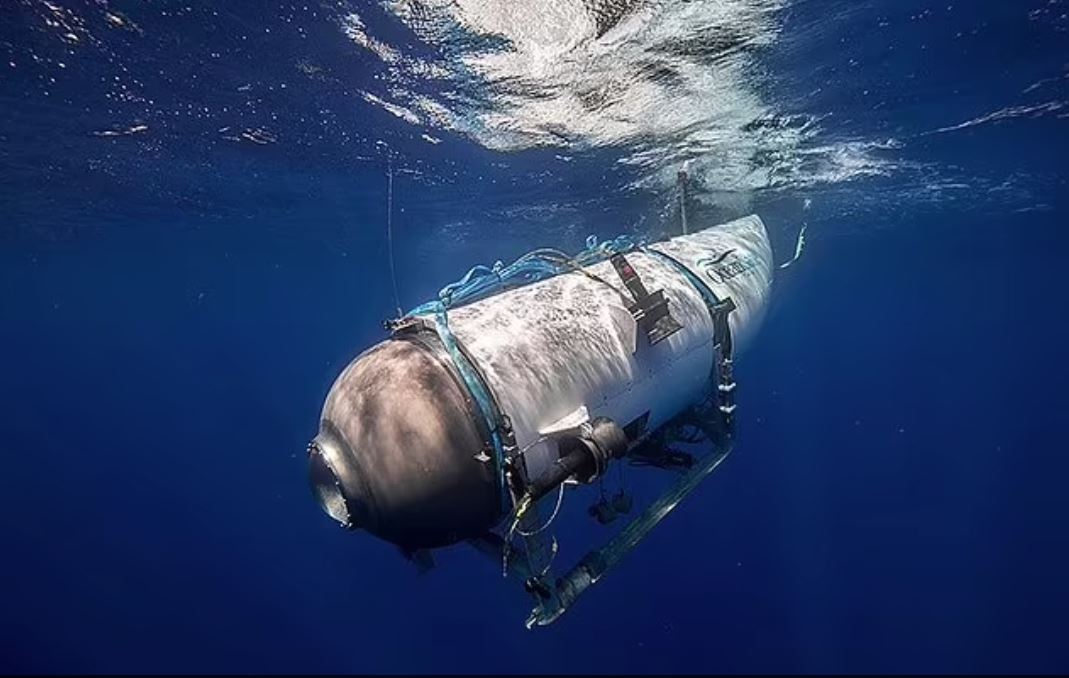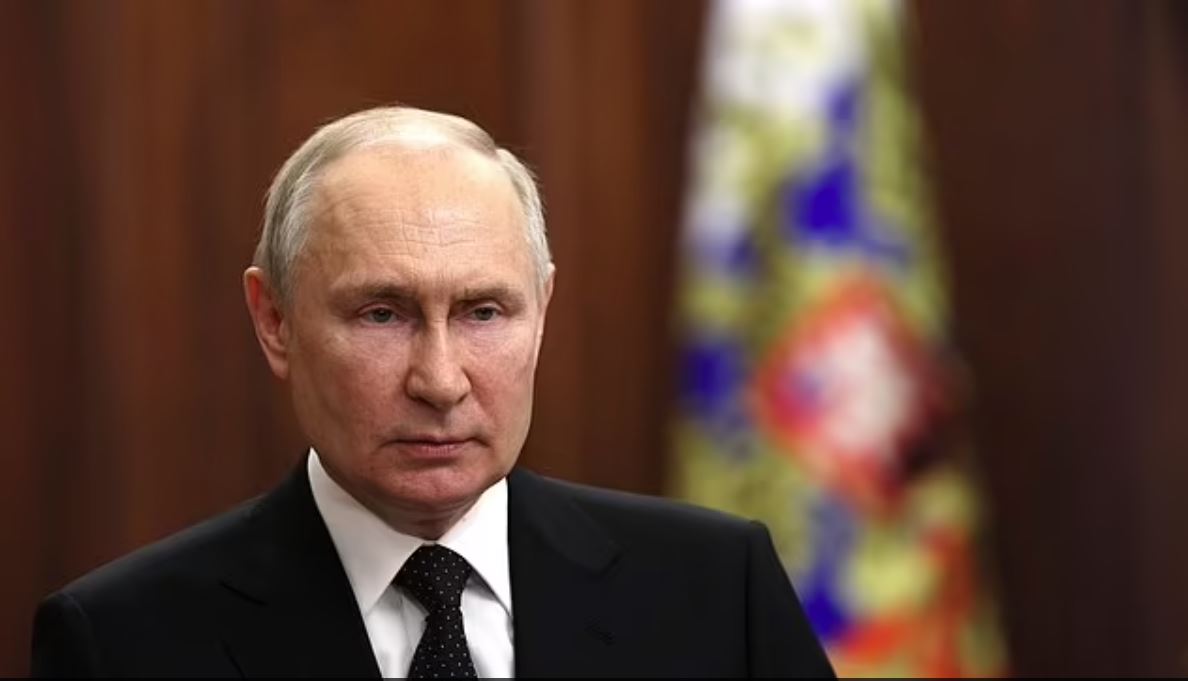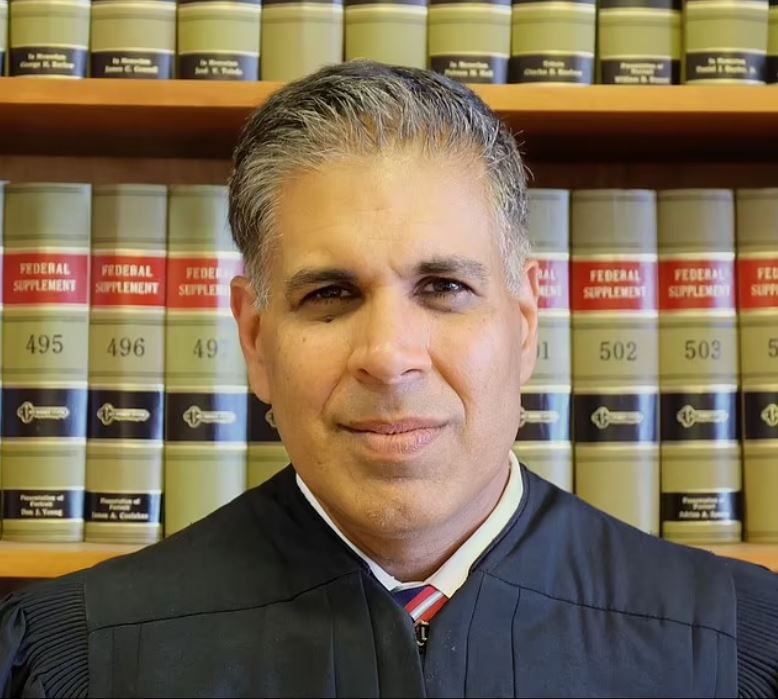They STILL don’t care about cheats! 10 years after the Mail on Sunday first revealed Russia’s industrial-scale doping, the IOC are accused of ‘not trying hard enough to make sport clean’
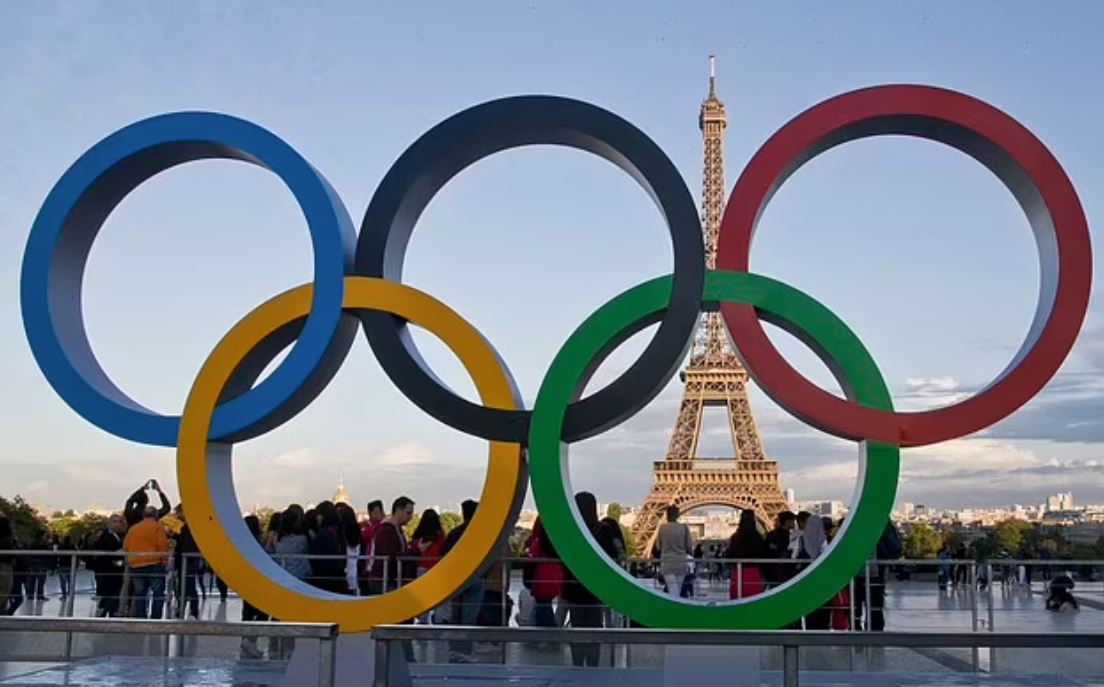
A Mail on Sunday investigation has found over 1,000 Russians helped by doping
The racket has helped athletes cover up positive drug tests in at least 36 sports
The IOC has been called ‘utterly corrupt’ for their inability to deal with the issue
By NICK HARRIS FOR THE MAIL ON SUNDAY
Oscar-winning filmmaker Bryan Fogel wears a wry grin as he recalls his first face-to-face meeting with Grigory Rodchenkov. It was July 2014, at the University of Oregon, where Rodchenkov, then the head of Moscow’s anti-doping lab, was giving a guest lecture on keeping sport clean.
‘I asked Grigory: “Do you think it’s possible to win an Olympic gold medal without doping?”, And he replied: “No. I want to believe that. I’d like to believe. But no. Maybe I’m a bad man”.’
Rodchenkov knows better than most about how illegal drugs can lead to Olympic medals. For years he helped Russian sportsmen and women cheat their way to glory, at London 2012, at Sochi 2014 and at the 2013 world athletics championships.
It was 10 years ago this weekend that The Mail on Sunday named Rodchenkov as a central figure in a Russian state doping plot. After a months-long investigation, it was the first expose of Russia’s industrial scale doping that had come to dominate sport across the world. Our story was ignored by all the major sports governing bodies, although the truth eventually came out.
Rodchenkov would become the central figure in Fogel’s movie, Icarus, which won Best Documentary Feature at the 2018 Academy Awards.
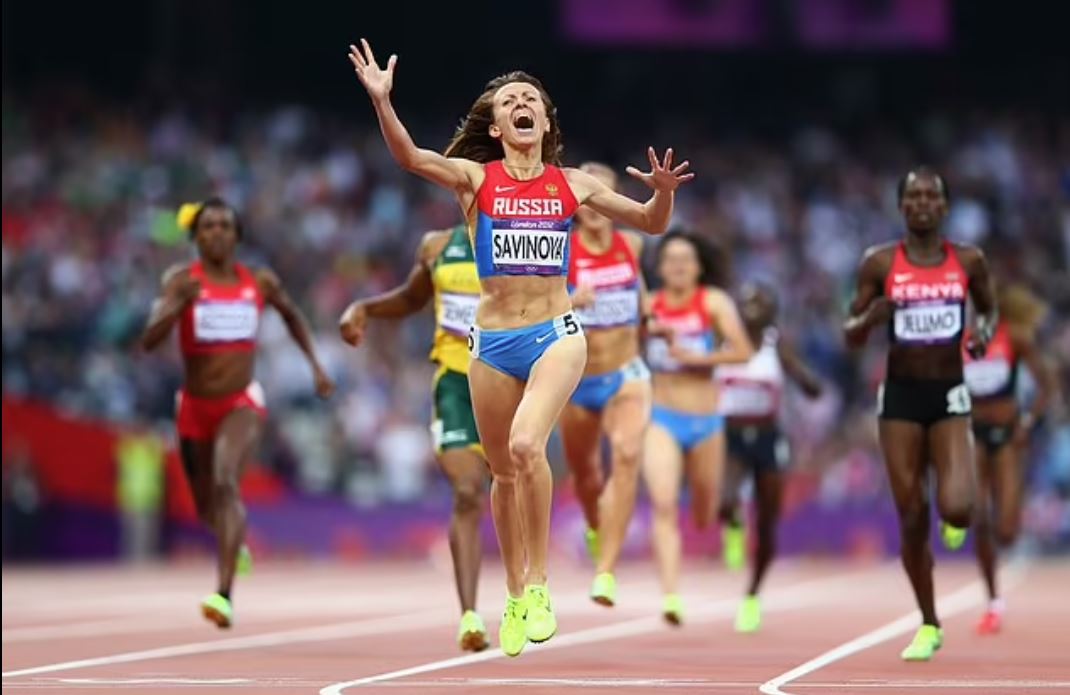
Mariya Savinova was one Russian exposed on TV, who was stripped of her Olympic medals
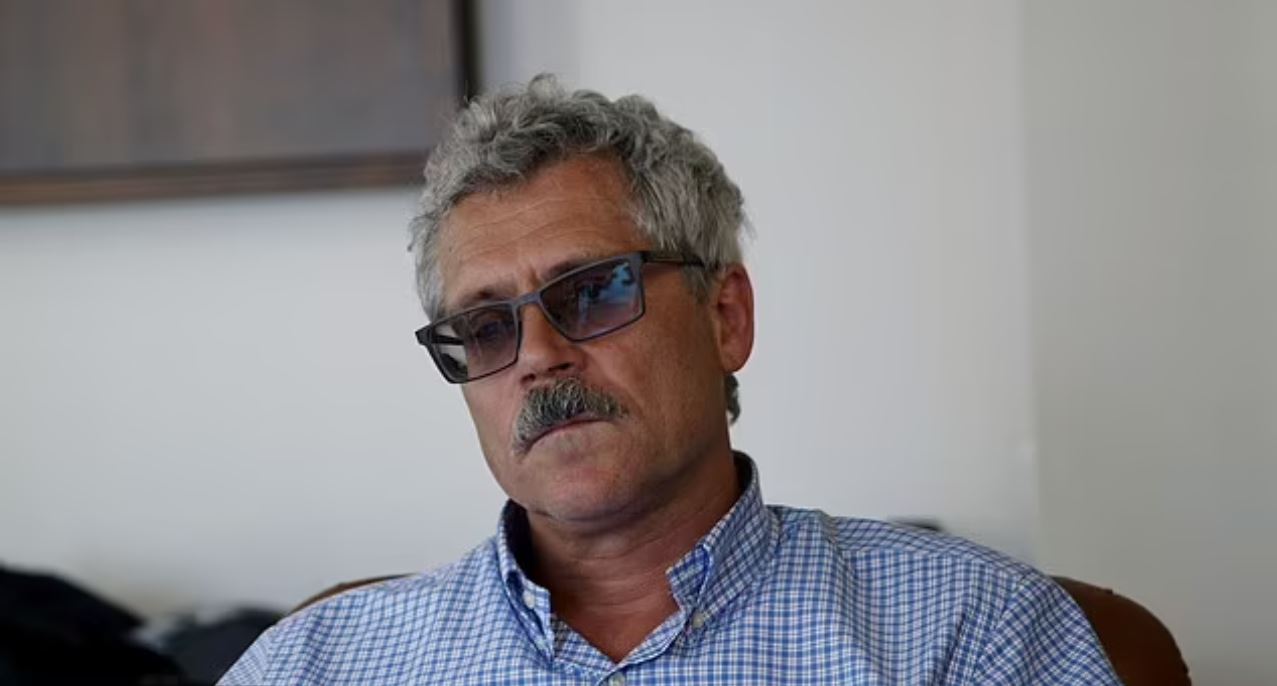
Ten years ago, the Mail on Sunday named Grigory Rodchenkov for his role in the doping racket
Fogel had wanted to chronicle whether, as a keen amateur cyclist, he could use banned drugs to win races and get away with it. One of America’s most revered anti-doping scientists, Don Catlin, agreed to be his cheating mentor, but pulled out. Catlin recommended Rodchenkov instead.
That pitched Fogel into the heart of one sport’s greatest scandals, one that Icarus captured from the inside.
Fogel and Rodchenkov’s initial communications had been via email in February 2014. ‘He wrote something to me along the lines of “It’s really busy in Sochi right now, and I’m doing a lot of late nights”,’ Fogel says. Rodchenkov’s ‘late nights’ were spent corrupting the 2014 Winter Olympics. He was swapping dirty Russian urine samples for clean ones with the help of the FSB, formerly known as the KGB.
Rodchenkov was only in Oregon that July thanks to an invitation from the head of the US Anti-Doping Agency, Travis Tygart. ‘Grigory acquired his visa to the US because of Tygart,’ says Fogel. ‘It was open-ended to allow him to come to the US as necessary.’ When Rodchenkov fled Russia in fear for his life in late 2015, he used the same visa.
The greatest irony is that in July 2014, Rodchenkov was held up as one of the world’s pre-eminent anti-doping scientists. Hence his control of a lab accredited by WADA, the World Anti-Doping Agency. In fact, he had taken performance-enhancing drugs for much of his adult life, and was key to Russia’s state-sponsored doping and cover-ups.
Multiple investigations commissioned by WADA and the International Olympic Committee found that Rodchenkov’s doping corruption was overseen by Yuri Nagornykh, then Russia’s deputy sports minister. Nagornykh was acting on the authority of sports minister Vitaly Mutko, who was backed by president Vladimir Putin.
Icarus makes the compelling case that one contributory factor to Russia invading Ukraine to annex Crimea in February 2014 — just four days after the Sochi closing ceremony — was Putin had become emboldened by hosting, and then corrupting those Games.
Fogel has made a sequel to Icarus called Icarus: The Aftermath, tracking Rodchenkov’s first few years in witness protection, always on the move, always with bodyguards.
‘There is no happy ending for Grigory, or for whistleblowers in general,’ says Fogel. ‘It’s likely he will never see his family again.’
Rodchenkov, 64, has not seen his wife Veronika or children Vasily and Marina in person since leaving Moscow in late 2015. Fogel says Rodchenkov’s family cannot travel to see him because of the near certainty ‘they would be tailed’ by an assassin.
‘If he hadn’t got to the United States, he’d already be dead.’ Jim Walden, Rodchenkov’s long-term lawyer, says. ‘Russia wanted him wiped out because Russia’s narrative that he was a lone wolf was just not true.’
Just as Fogel knows there will be no happy ending for Rodchenkov, he sees no happy ending for Olympic sport. He is flabbergasted Russia has never been properly punished, with various ‘bans’ rendered largely meaningless as hundreds of Russians have continued to participate in the Olympics.
‘It’s insanity that Russia has been able to continue competing,’ he says. ‘The IOC has shown itself to be so utterly corrupt. The Olympics have forever been tainted by this scandal. The ban was never a ban.’
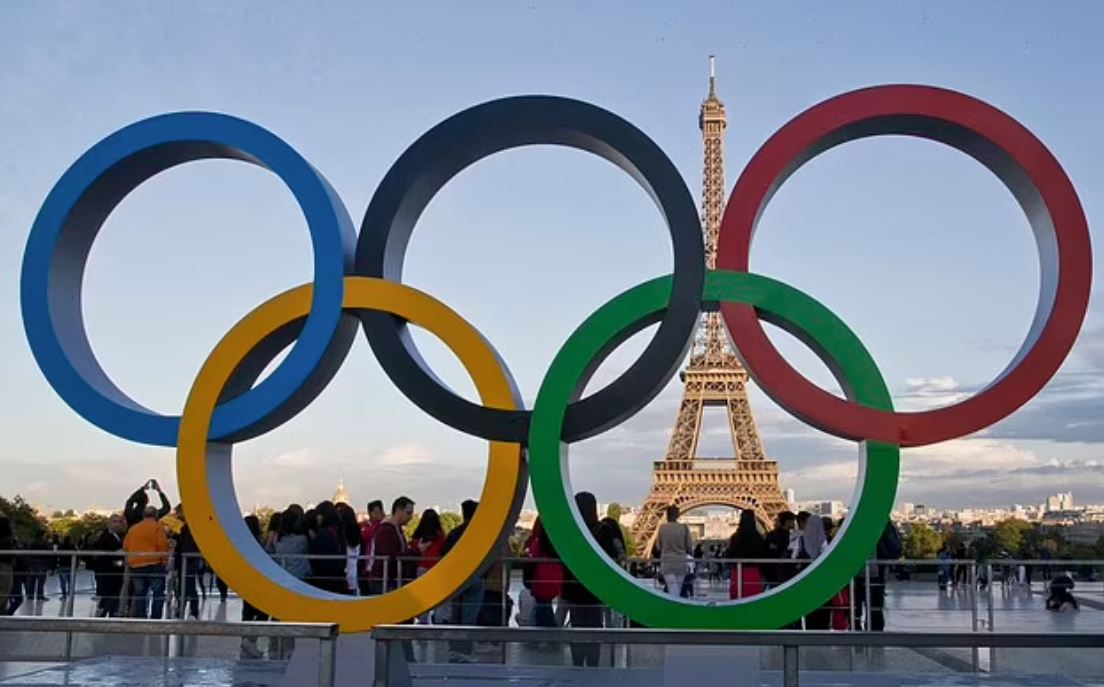
The International Olympic Committee has been criticised for failing to deal with the issue
Richard McLaren, the Canadian law professor who compiled the definitive reports that proved Russia ran a state-sponsored doping programme, is also sceptical that sport is any cleaner. ‘In 2023, doping controls are still all about quantity not quality, only testing and not investigative work. No sport wants to see stars sanctioned for doping infractions.’
Walden lays the blame with the IOC. ’There was a moment when the IOC could have changed things for the better for clean athletes [by actually banning Russia] and they chose not to,’ he says. ‘And a lot of the same people who made those decisions are still there.’ Other governing bodies, Walden says, are ‘complicit, and want to make money’.
In our July 2013 investigation, we quoted a senior Russian official from a major winter sport saying that Russia would win the most medals at Sochi 2014 through doping — and get away with it.
‘Believe me, you won’t hear about a single doping scandal involving Russians during the Sochi Olympics,’ he told us, more than six months before those Games.
We shared our findings with the IAAF, now known as World Athletics. They were about to stage their world championships in Moscow, with Rodchenkov overseeing the drug tests. The IAAF did not respond to our multiple calls and emails.
We told the IOC, and offered evidence that Rodchenkov had been a drug dealer, then tried to kill himself after getting caught, then spent two months in a Moscow psychiatric hospital before being sent back to his work.
In July 2013, an IOC spokeswoman told us: ‘Thank you for sharing with us this information. We have passed it on internally to the relevant people.’
It was more than four years later, at the end of 2017, that the IOC finally admitted they took no action whatsoever following our story.
In December 2014, German TV station ARD aired their own investigation, focusing on athletics. This prompted WADA to commission an investigation by Dick Pound, assisted by McLaren.
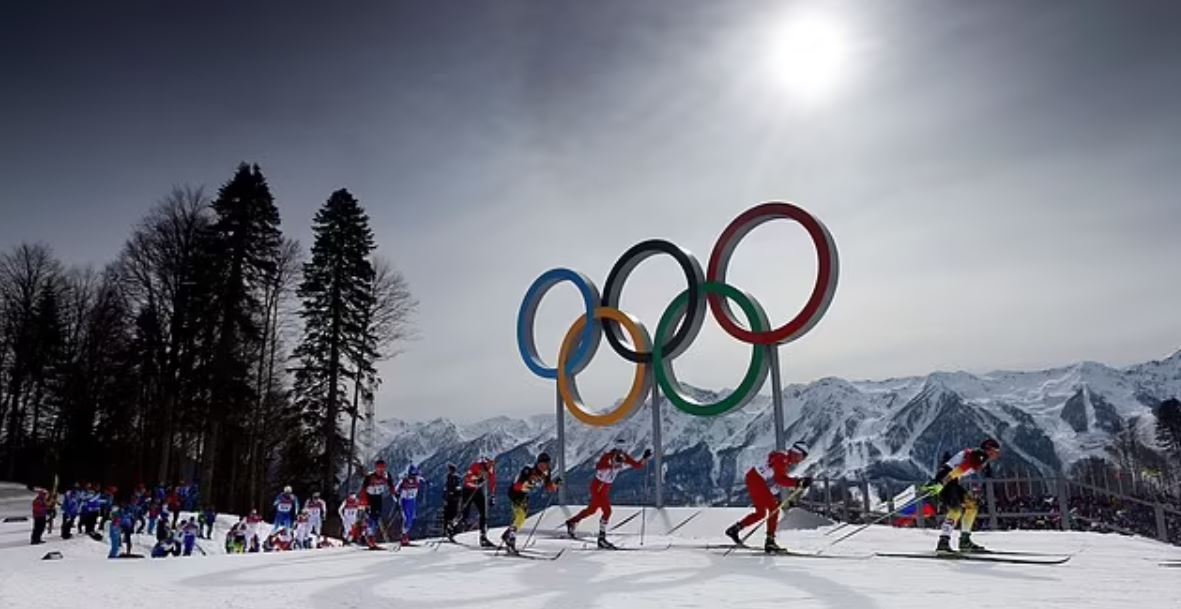
A Russian official said that no doping cases involving their athletes would emerge from Sochi
This was published in November 2015, concluding Rodchenkov was a central figure. Fogel was stunned. He was by now friends with Rodchenkov. They had visited each other’s homes and workplaces, working on Fogel’s own doping experiment. Now Fogel helped Rodchenkov flee, buying him his air ticket to America.
‘When he got off the plane, all he had was one small carry-on bag, with a change of clothes, and two hard drives,’ Fogel says. ‘He told me to keep them in a safe place.’
Rodchenkov agonised over whether to become a whistleblower. In February 2016, one of his oldest friends, Nikita Kamaev, the former head of Russia’s anti-doping agency died, apparently of a massive heart attack. Rodchenkov was convinced he’d been murdered.
Rodchenkov ‘realised at this point that the best way out for him was to become a whistleblower’, Fogel says. It was crucial Rodchenkov was recognised as a whistleblower — who could enter witness protection — as opposed to a ‘person of interest’ in a US Department of Justice probe, that might lead to punishment, or being deported to Russia.
Fogel helped Rodchenkov put together an extensive dossier on Russia’s doping scheme, supported by mountains of documentary evidence and data. The hard drives were vital, as were Rodchenkov’s diaries, and his meticulous recollection of detail.
‘He is a savant,’ says Fogel. ‘I’ve never met anyone in my life with a memory as astonishing as Grigory’s. The challenge for us became “How can we help him to prove this was all true?”’
Rodchenkov faced a grand jury, a process which determines whether there is enough evidence for a prosecution. Before that Rodchenkov did an interview with The New York Times.
Walden recalls: ‘About a week after the NYT story, I was called by the FBI who said, “You’ve probably heard about an escaped Russian. The guy needs a lawyer”.’
Walden has now been Rodchenkov’s lawyer for seven years, assisting him on testimony in countless prosecutions, and in establishing the Rodchenkov Act, a law that allows criminal charges to be brought against dopers and their conspirators.
‘We have a strong bond,’ says Walden. ‘He is a force of nature, incredibly intelligent and his memory and capacity for detail is just extraordinary. Literally up to this day he’s still testifying in cases.’
McLaren was tasked in May 2016 with investigating whether Rodchenkov’s NYT claims about a pan-sport doping plot were true and could be backed by evidence. Two Russian scientists then resident in California, but with deep knowledge of the Moscow drug testing lab, were particularly helpful.
‘We had a lot of other sources of information, including downloads from the lab and electronic data,’ McLaren says. ‘Rodchenkov’s material was very important but we needed to verify it independently.’
McLaren concluded that more than 1,000 elite competitors across dozens of summer and winter sports had benefited from Russia’s state-run doping racket. That was ‘the minimum’ involved, as were 643 positive Russian drugs test that had been covered up, from athletics to weightlifting, cycling, swimming, football, rowing and at least 30 other sports.
McLaren placed thousands of pieces of evidence in the public domain on a website, ‘Evidence Disclosure Package’. That allowed other investigators, and journalists, to piece together wider elements of the scandal, including this newspaper’s 2017 exclusive that Russia’s 23-man squad at football’s 2014 World Cup had benefited from state protection from doping sanctions.
McLaren said: ‘The IOC, various athletes and lots of sports were trying to narrow the focus and attempt to make Russia’s cheating seem limited. It wasn’t. It was a lot of sports, and we had this evidence and felt it should be available.
‘I got the opportunity to expose what a lot of people suspected but nobody wanted to do anything about.’
Leave a reply
You must be logged in to post a comment.

